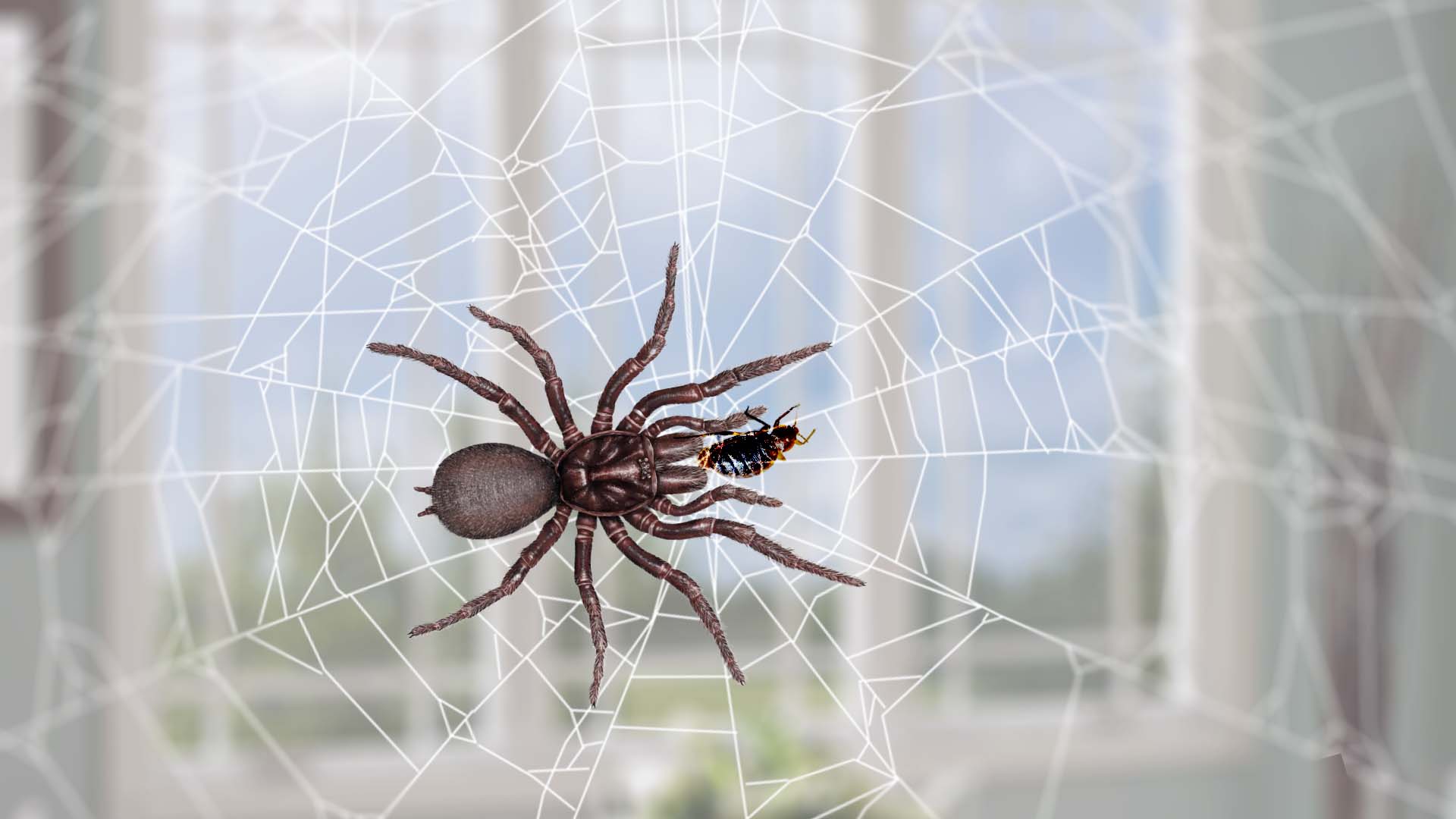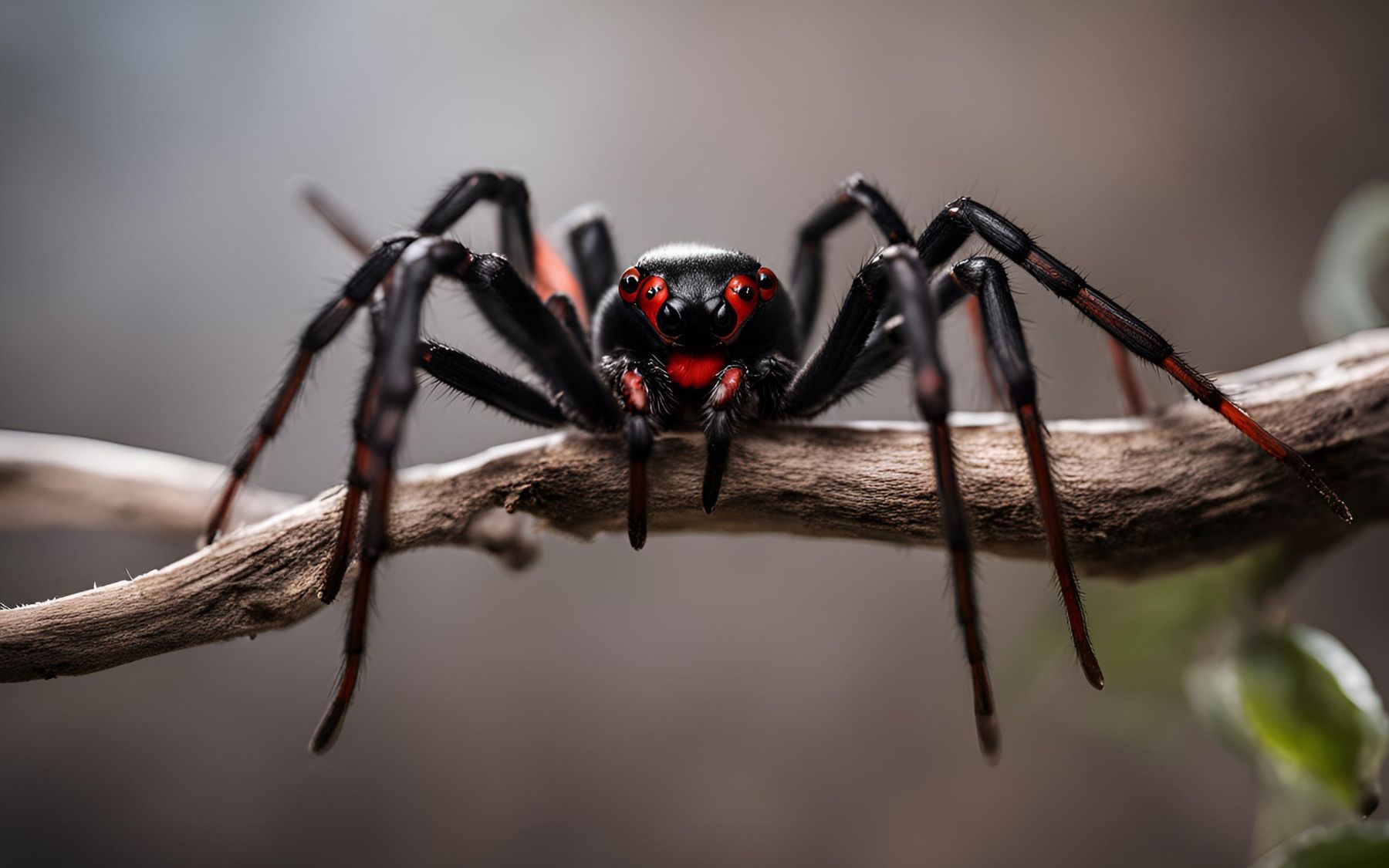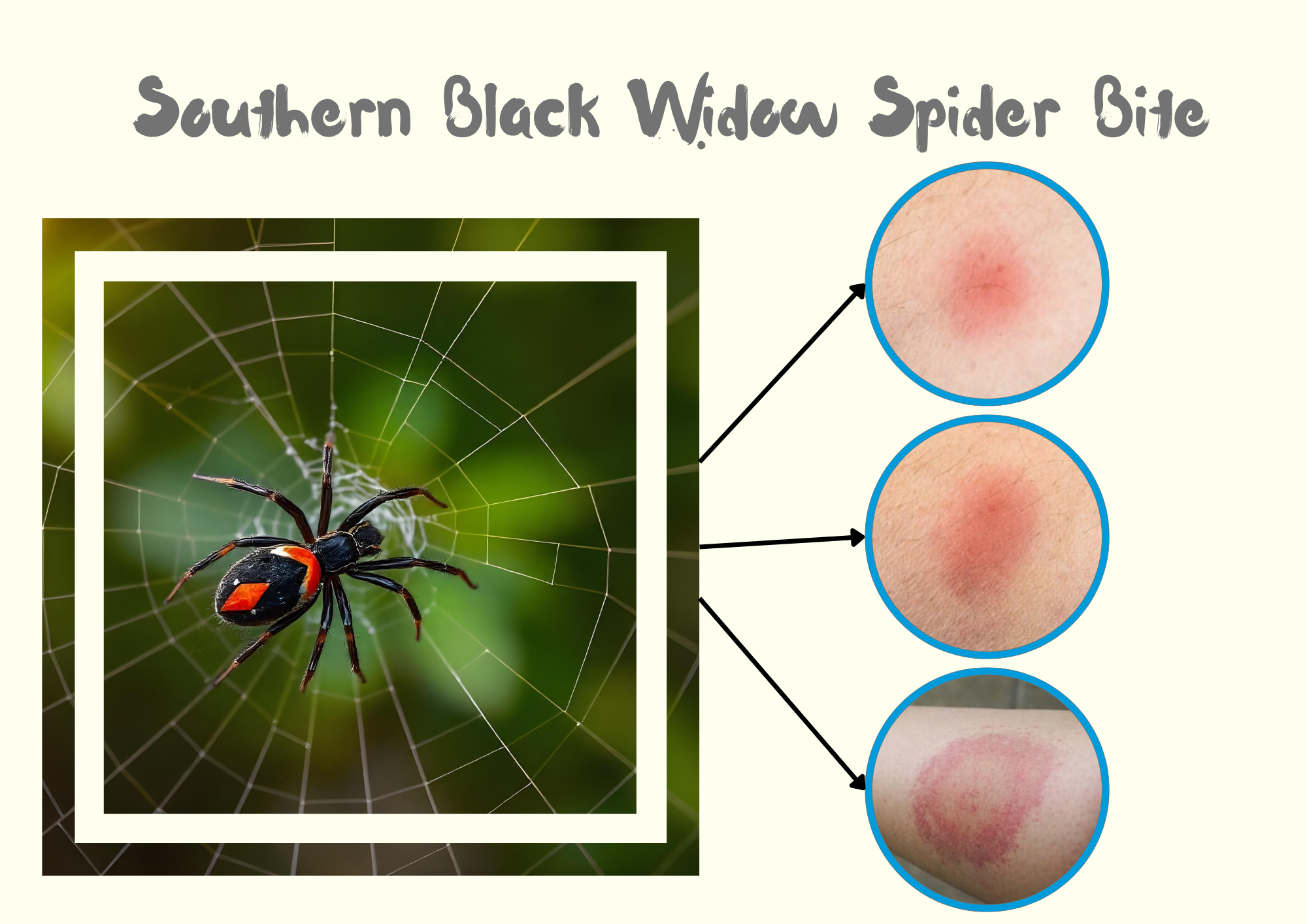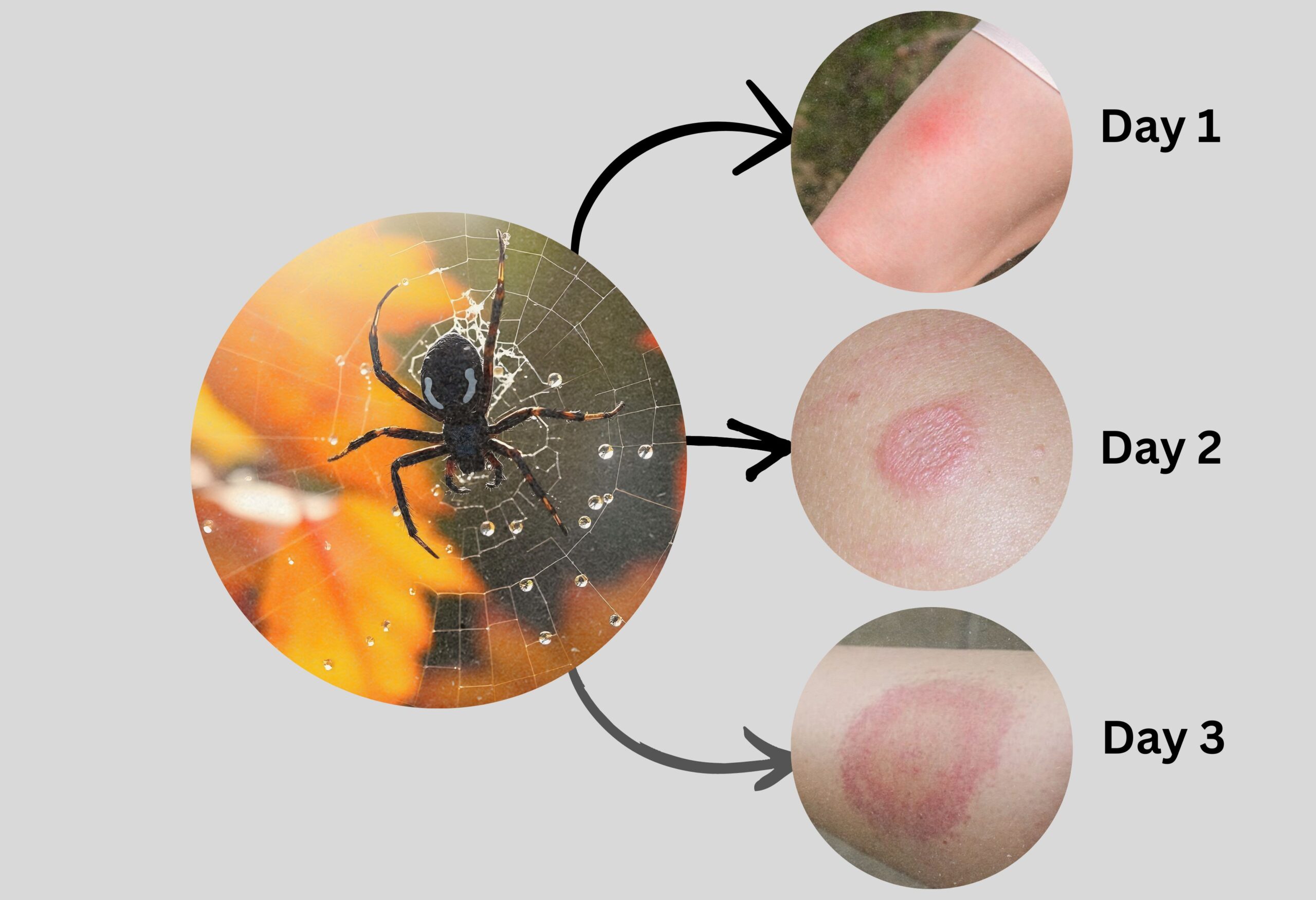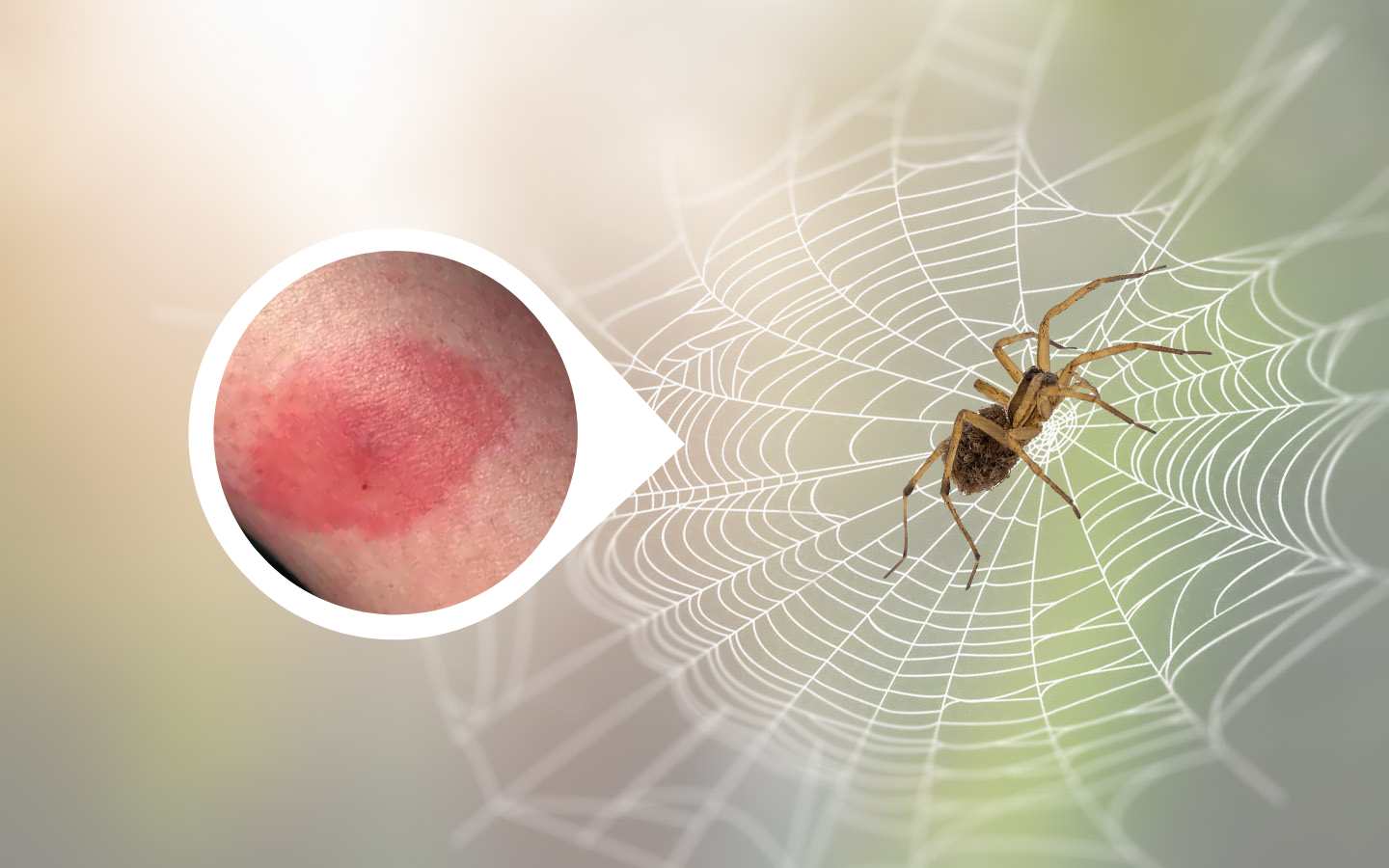Bed bugs are pesky insects that have plagued humans for centuries, inflicting discomfort and sleepless nights. As people seek effective ways to eliminate these tiny pests, one question that often arises is whether spiders, natural predators found in many homes, consume bed bugs.
This article delves into the intriguing relationship between spiders and bed bugs, exploring the biology, behavior, and potential benefits of using these arachnids as pest controllers.
Does Spider Eat Bed Bugs?
Yes, spiders are capable of eating bed bugs. Many spider species, including cobweb spiders, cellar spiders, and sac spiders, have been observed feeding on bed bugs. However, the effectiveness of spiders in controlling bed bug populations can vary depending on factors such as the density of spider populations, the size of the infested area, and the availability of alternative prey. Using spiders as part of integrated pest management strategies can contribute to reducing bed bug infestations.
The Predatory Nature of Spiders
Spiders are well-known for their carnivorous behavior, preying on a variety of insects to sustain themselves. They possess specialized adaptations such as venomous fangs, silk-spinning abilities, and keen senses that make them efficient hunters. Their role in controlling insect populations is crucial for maintaining ecosystem balance, and they often play a significant role in reducing the abundance of various pests.
Bed Bug Basics
Bed bugs (Cimex lectularius) are small, reddish-brown insects that feed exclusively on blood. They are nocturnal creatures that hide in crevices and cracks during the day and emerge at night to feed on sleeping humans. While bed bugs do not transmit diseases, their bites can cause itching, allergic reactions, and significant psychological distress due to their association with unclean environments.
Can Spiders Eat Bed Bugs?
Yes, many species of spiders are capable of consuming bed bugs. However, the extent to which spiders rely on bed bugs as a food source varies. Some spiders are more generalist predators, while others exhibit a more specialized feeding behavior. It’s important to note that while spiders can contribute to bed bug control, they might not be the sole solution for a bed bug infestation.
Spider Species that Consume Bed Bugs
Several spider species have been observed feeding on bed bugs. These include common household spiders such as cobweb spiders (Theridiidae), cellar spiders (Pholcidae), and sac spiders (Clubionidae). Cobweb spiders, for instance, build tangled webs that can capture bed bugs that come into contact with them.
Feasibility of Spider Predation
The effectiveness of spiders in controlling bed bug populations depends on various factors, including the density of spider populations, the size of the infested area, and the availability of alternative prey. In some cases, if the bed bug population is significantly larger than the spider population, spiders alone might not be able to keep the infestation under control.
Integrated Pest Management (IPM)
Integrated Pest Management (IPM) is an approach that combines multiple strategies to manage pest populations effectively while minimizing the use of harmful chemicals. Utilizing spiders as a part of IPM can be beneficial in reducing bed bug infestations. However, relying solely on spiders may not be sufficient. Combining spider predation with other methods such as thorough cleaning, vacuuming, and targeted insecticide application can provide a more comprehensive approach to tackling bed bug problems.
Advantages of Using Spiders for Bed Bug Control
Incorporating spiders into the battle against bed bugs offers several advantages. Firstly, it aligns with natural pest control methods, reducing the need for chemical interventions that could have potential health and environmental risks. Secondly, spiders can reach areas that might be difficult to access for humans or other methods, increasing the likelihood of effectively targeting hidden bed bug populations. Lastly, utilizing spiders can create a more balanced ecosystem within the household, fostering a natural predator-prey relationship. You may be another question like- What Do Small House Spiders Eat And Drink?
Conclusion
In the quest to find effective and sustainable solutions for managing bed bug infestations, considering the potential benefits of spiders as natural predators is a promising avenue. While spiders do consume bed bugs and can contribute to their control, it’s important to acknowledge that they might not provide a complete solution on their own, especially in severe infestations. Integrated Pest Management, which combines various strategies including spider predation, should be considered for the most effective results. By understanding and utilizing the ecological relationships between pests and their predators, we can work towards creating healthier and more harmonious living spaces.

